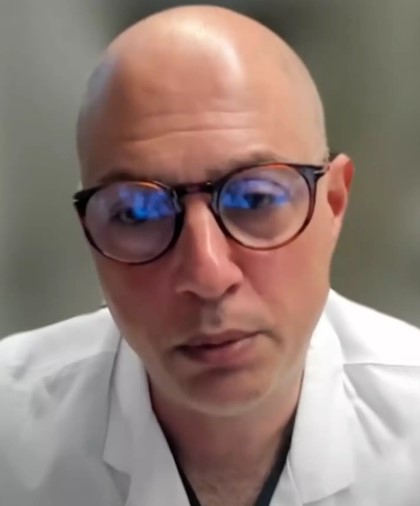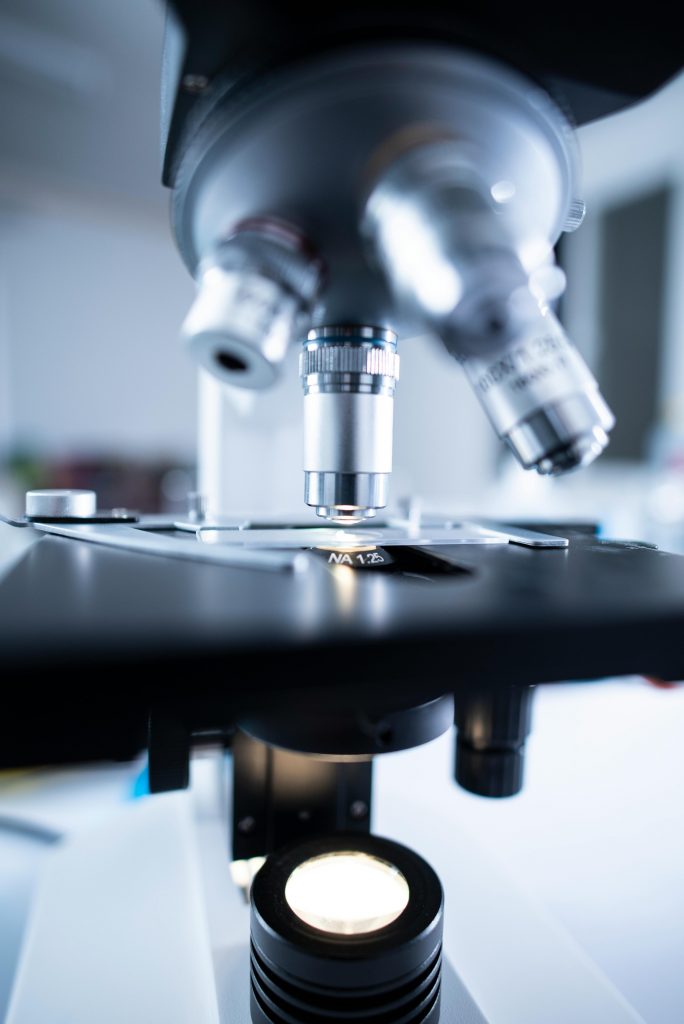Dr. Sam Parnia, an associate professor at NYU Langone Medical Center, claims there is evidence of an afterlife based on decades of research into near-death experiences (NDEs). Parnia has studied millions of cases where patients, declared clinically dead, were later resuscitated and reported vivid experiences of reliving their entire lives. These patients described heightened consciousness and an expanded sense of awareness, often observing events around them as doctors worked to revive them.

According to Parnia, during these experiences, individuals not only relive moments from their lives but also experience the emotional impact of their actions on others. For instance, they feel the joy or pain they have caused others, as if living it from the other person’s perspective. This profound life review suggests a moral and ethical evaluation embedded within the NDEs.
Parnia explains this phenomenon by pointing to scientific findings that show the brain can remain active for a short period after the heart stops. Brain scans may show no activity, yet the brain can still function and even exhibit bursts of activity during resuscitation, potentially up to an hour without oxygen.

These findings challenge current medical protocols on declaring death and open up discussions about the potential for human consciousness to persist beyond clinical death. Parnia believes that such experiences could transform individuals’ understanding of life and morality, offering profound insights into the nature of existence.




